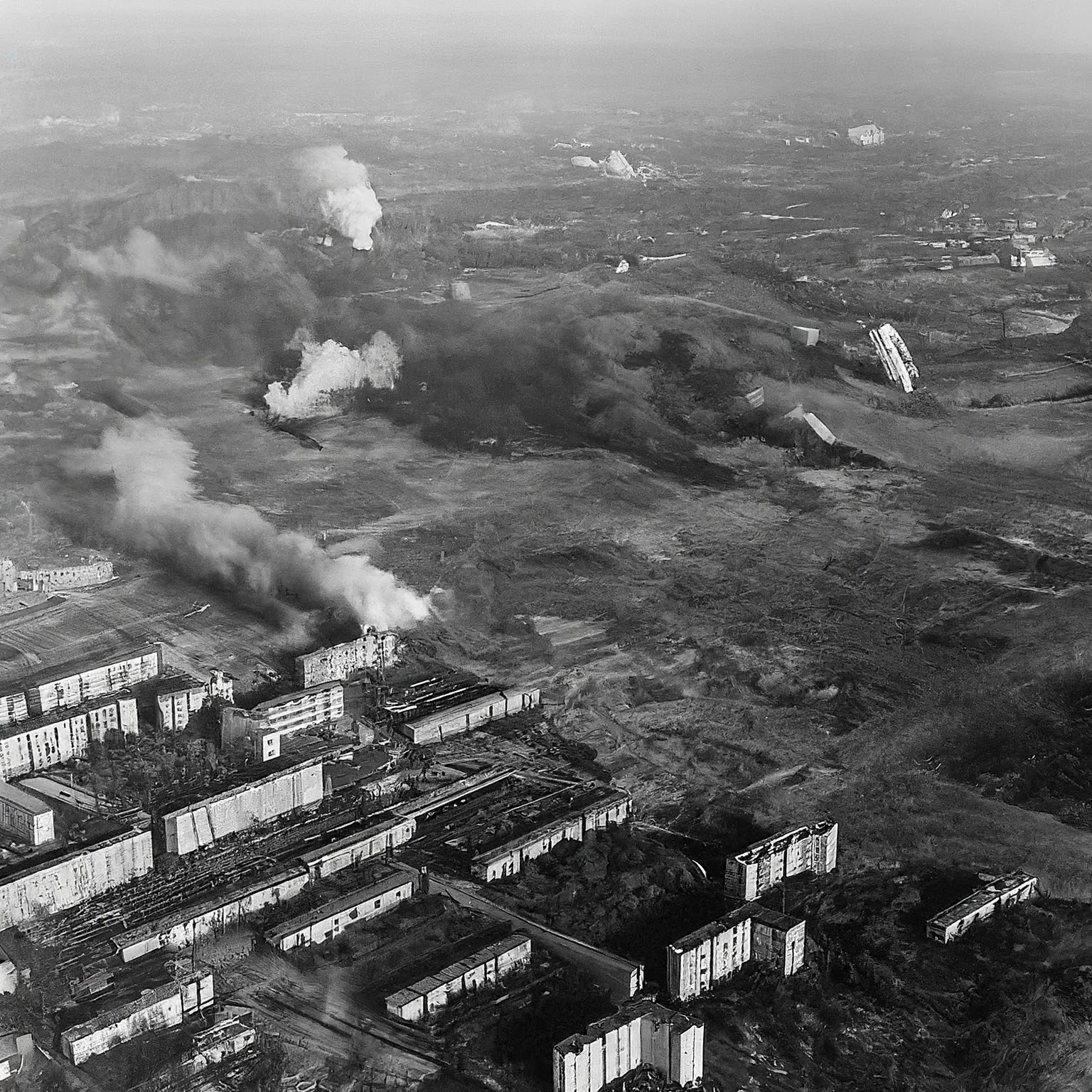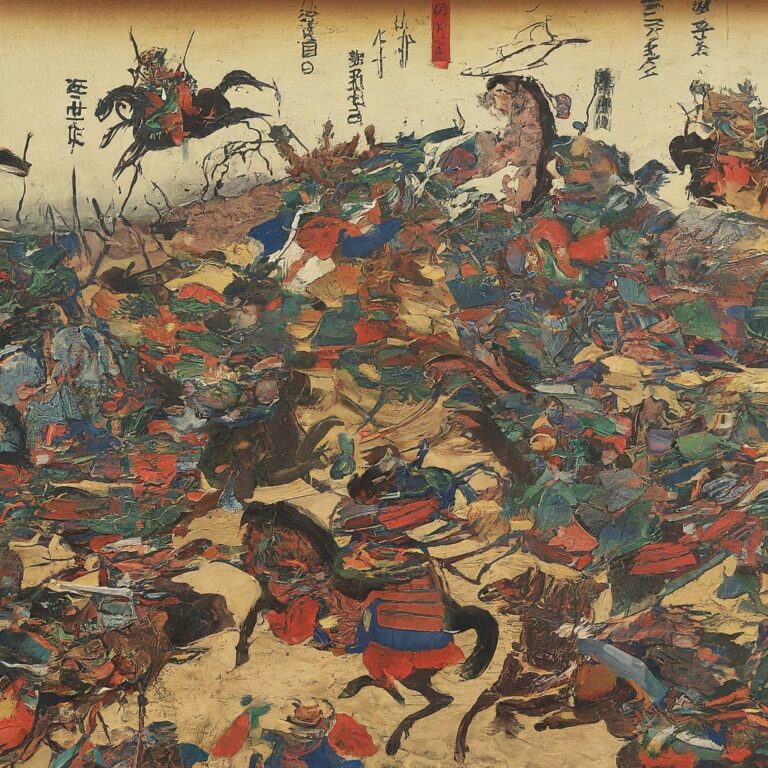The Battle of Stalingrad, fought between August 23, 1942, and February 2, 1943 CE, was one of the most brutal and decisive battles of World War II. It took place in and around the city of Stalingrad (modern-day Volgograd) in southern Russia and was a turning point in the conflict between Nazi Germany and the Soviet Union. The battle was characterized by intense urban warfare, massive casualties, and the eventual encirclement and defeat of the German 6th Army.
Adolf Hitler had ordered the capture of Stalingrad to secure control over the oil-rich Caucasus region and to strike a symbolic blow against the Soviet Union by taking the city named after Soviet leader Joseph Stalin. The battle began with a massive German bombing campaign that reduced much of the city to rubble, but the Soviet defenders, led by General Vasily Chuikov, fought tenaciously, turning the ruined buildings and factories into defensive strongholds.
The fighting in Stalingrad was savage and often involved house-to-house combat, with both sides suffering heavy losses. The Soviets managed to hold key positions along the Volga River, preventing the Germans from achieving full control of the city.
In November 1942, the Soviets launched a counteroffensive, code-named Operation Uranus, which encircled the German 6th Army, trapping it inside Stalingrad. The Germans, led by General Friedrich Paulus, were cut off from supplies and reinforcements as the harsh Russian winter set in. Despite Hitler’s orders to hold the city at all costs, the situation became desperate, and in February 1943, Paulus surrendered to the Soviets.
The Battle of Stalingrad was one of the bloodiest battles in history, with an estimated 2 million casualties, including soldiers and civilians. It marked the beginning of the Soviet Union’s advance toward Germany and was a turning point in the war, as the German army was forced into a long retreat that eventually led to the fall of Berlin in 1945.
The Soviet victory at Stalingrad boosted the morale of the Allied forces and is widely considered one of the most important moments of World War II, shaping the outcome of the conflict and the post-war world.



